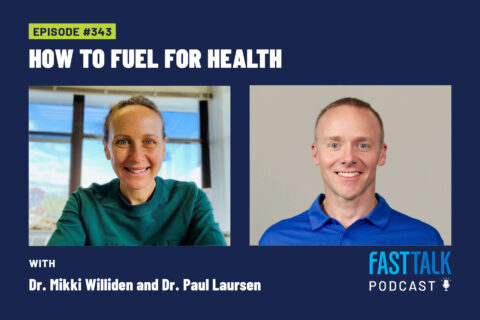
How to Fuel for Health
There’s an important difference between fueling for performance and fueling for health. In this episode, Dr. Mikki Williden and Dr. Paul Laursen give their suggestions on how to fuel for health.
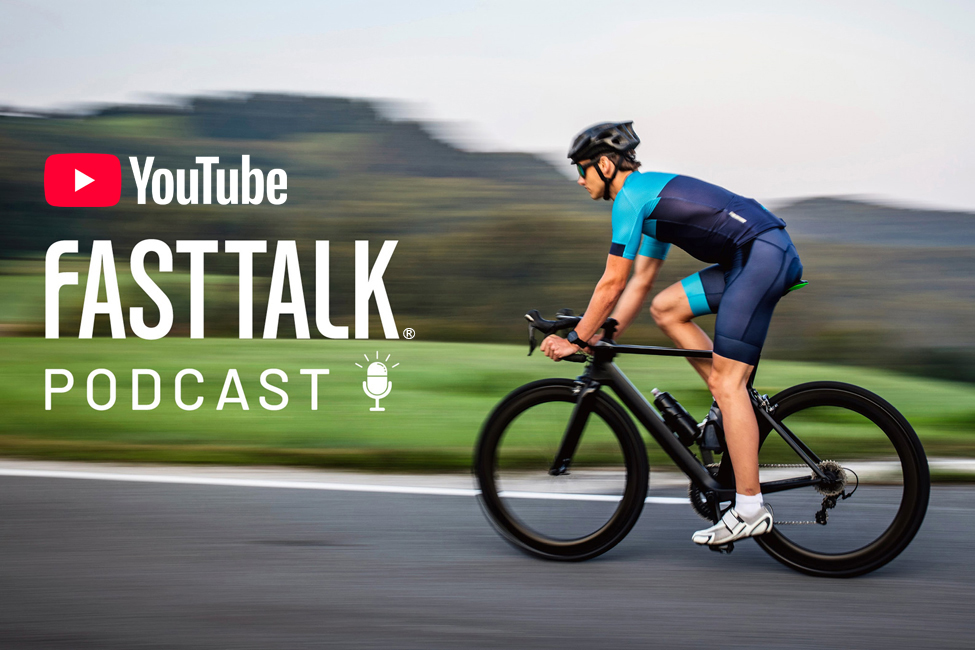
The Fast Talk Podcast focuses on the science of endurance sports in a conversational and informative style. Mixed into the deep discussions, there are tips and takeaways regarding endurance training philosophy, human physiology, workout design, performance nutrition, and sport psychology.
Our hosts Trevor Connor, Chris Case, and Griffin McMath explore these topics with world-class, leading experts on endurance sports. These include researchers like Dr. Stephen Seiler, Dr. Bent Ronnestand, Dr. Inigo San Millan, as well as coaches such as Joe Friel, Neal Henderson, Stacy Sims, and Grant Holicky.
Subscribe to Fast Talk for over 389 episodes on Apple Podcasts, Overcast, Soundcloud, Spotify, Stitcher, or wherever you get your podcasts.
Fast Talk Podcast is now on YouTube! Subscribe now to get 100+ of our best episodes, new releases, and featured videos.

There’s an important difference between fueling for performance and fueling for health. In this episode, Dr. Mikki Williden and Dr. Paul Laursen give their suggestions on how to fuel for health.
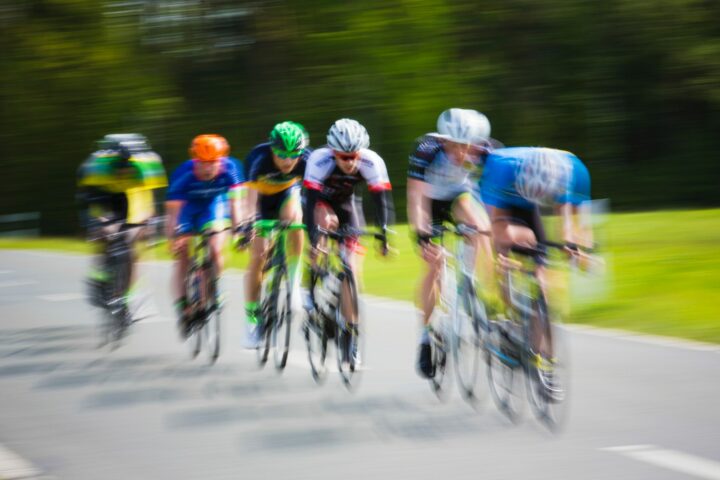
High-intensity training offers many benefits. It also has limitations. We explore just how much HIT work you need to perform at your best.
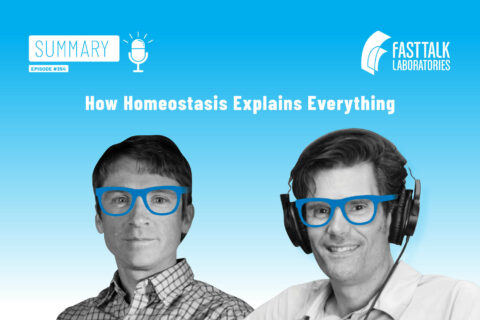
In this summary episode we discuss how homeostasis is at the core of almost every function in our bodies, including how we train and stay healthy.
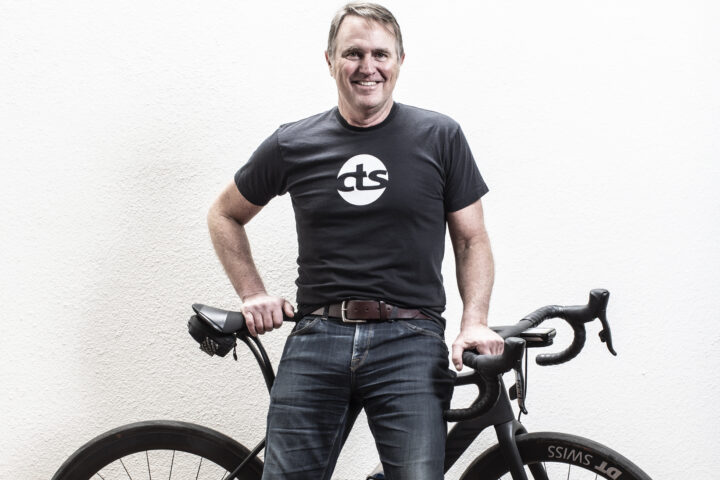
The author of “The Time-Crunched Cyclist” joins Fast Talk to discuss the science, merits, and limitations of the time-crunched training method.
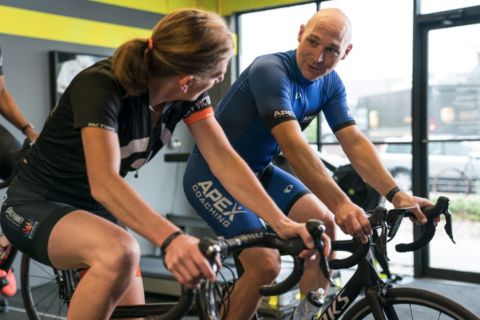
We hear from Fast Talk all-star guests like Joe Friel, Neal Henderson, and Amos Brumble about what their favorite workout is and why.
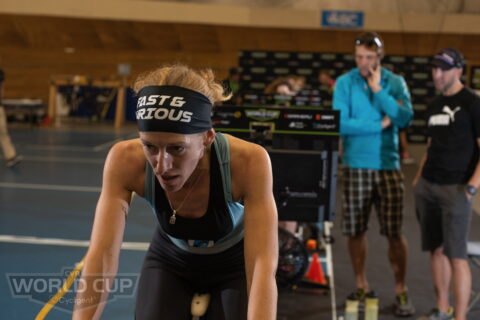
Joe Friel and Jim Rutberg explore indoor cycling and its many nuances.
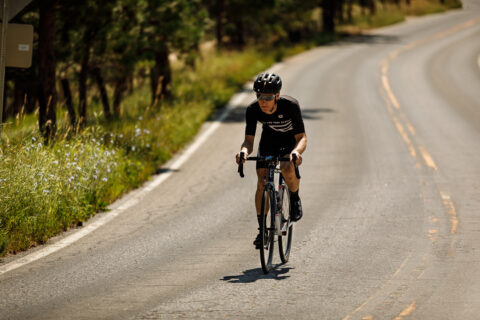
We catch up with our friends at The Pro’s Closet, Spencer Powlison and Bruce Lin, to discuss their recent four-week Strava PR Challenge. In the lead up to their attempts, we helped them with training advice and “race-day” strategy tips.
How do you, as an athlete, combine your understanding of sport science and your training and racing experience to most effectively map out your training? That question is the basis for today’s episode, one in which we drift between the philosophical and the practical.
Dr. James Hull, a leading expert on the science of breathing, joins us to talk about respiration and improving performance through breathing.
Our new Head Coach Ryan Kohler answers listener questions on weight loss, metabolism, mountain bike descending, and 5×5 interval workouts.
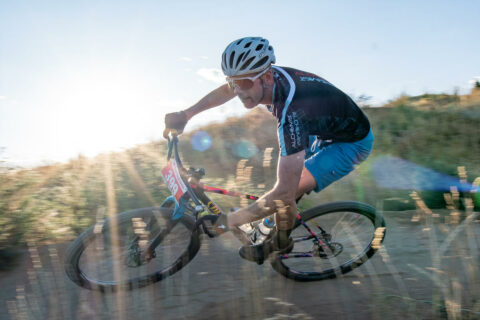
Cycling coaches Melanie McQuaid, Grant Holicky, and Ryan Kohler discuss the differences, similarities, nuances, and challenges of coaching beginner athletes versus veteran amateurs.
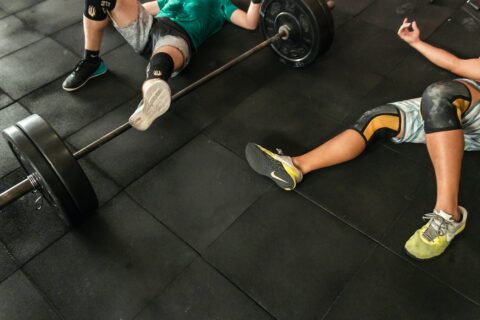
Dr. Stephen Seiler discusses the distinction between overtraining, overreaching, and burnout.
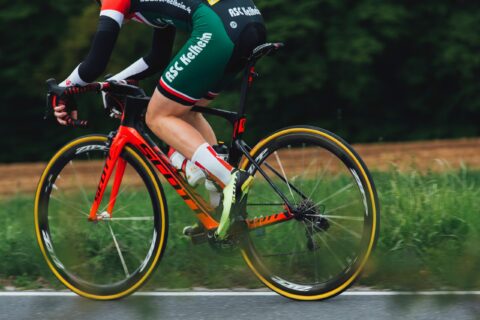
Guest coach Julie Young answers questions from listeners on fatigue, peaking, returning from injury, and sports nutrition.

We take a close look at big gear work. What does the literature say about performance gains? What have elite coaches discovered through practice?
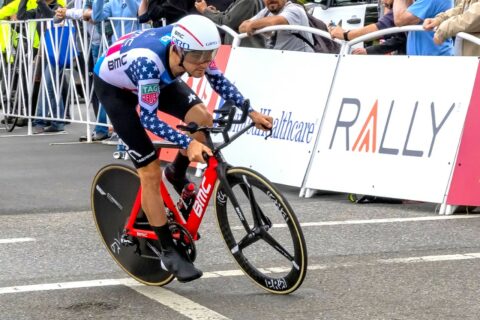
Trevor did several great interviews with four top pros—Toms Skujins, Kiel Reijnen, Joey Rosskopf, and Larry Warbasse—for an article he was writing several years ago, and now we want to share their full wisdom.
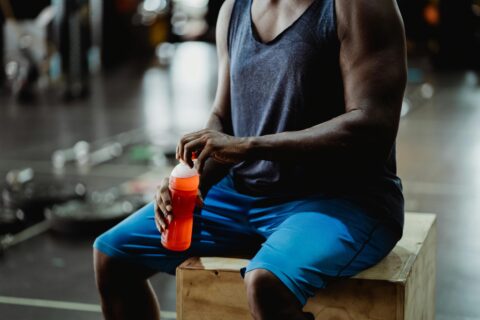
We try to decipher if there are any advantages or disadvantages to occasionally exercising in a fasted state.
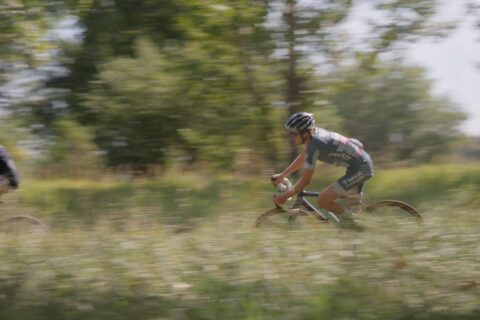
How accurate are threshold numbers? And why is it so difficult to find accurate threshold numbers? We discuss several common ways to find your threshold and their pros and cons.
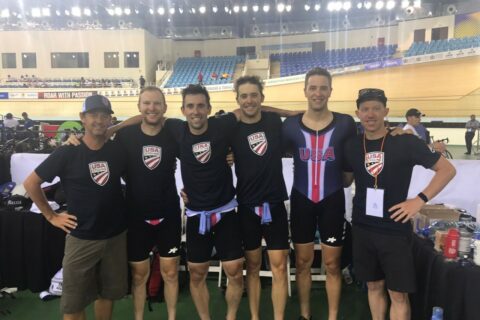
What’s better: a bigger engine or one that’s tuned for a specific goal race? USA Cycling’s performance director Jim Miller shares his training philosophy.
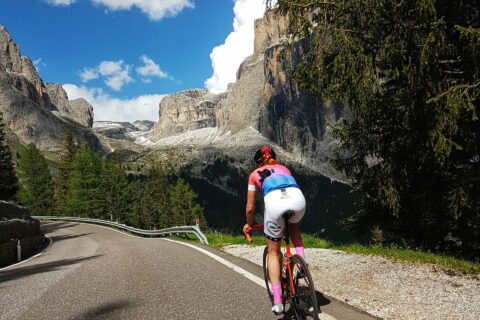
Q&A on FTP testing, structuring recovery weeks, and the sustainability of base training, with guest coach Steve Neal
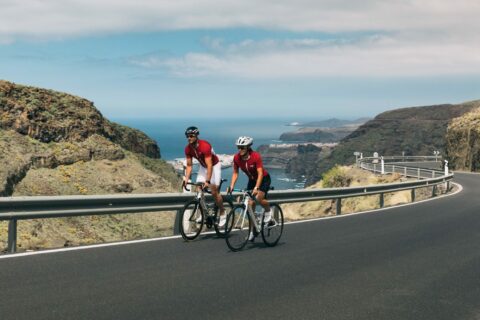
We explore how to use a training philosophy to design your program, then use metrics to guide how much, how often, and how difficult those workouts should be.
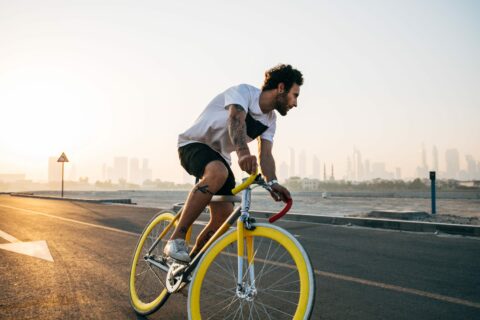
In this Q&A episode, guest Grant Holicky discusses sweat rate, polarized training for cyclocross, VLamax, and recovery tools.
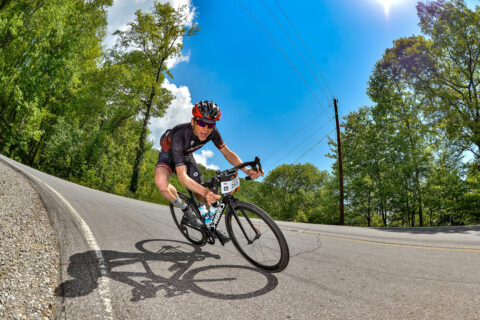
We hit the art of cornering and descending from many sides with Emile Abraham, a 12-time national champion known for cornering and descending.